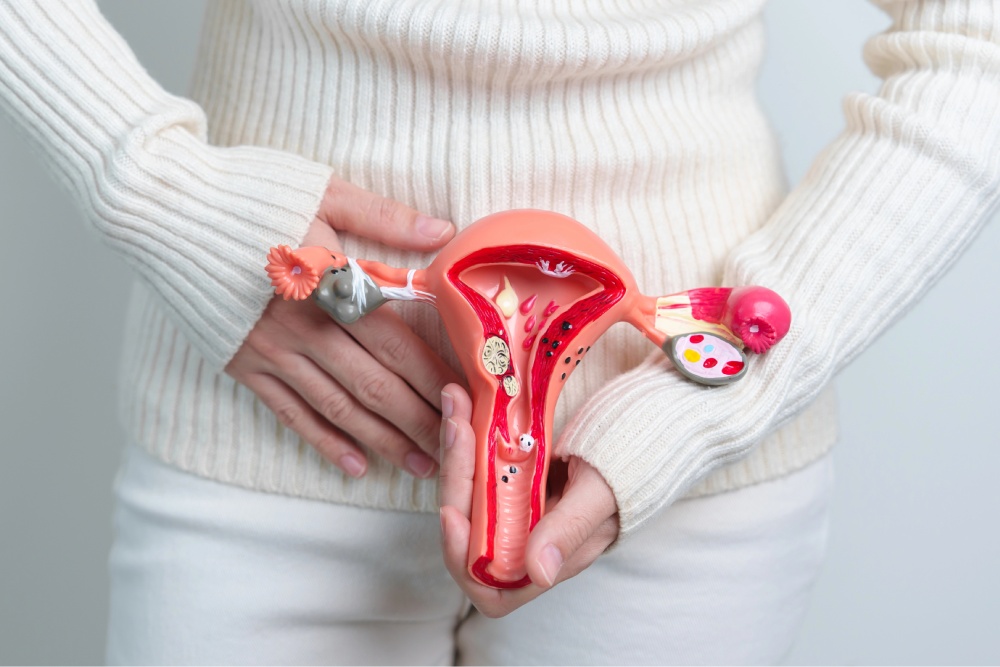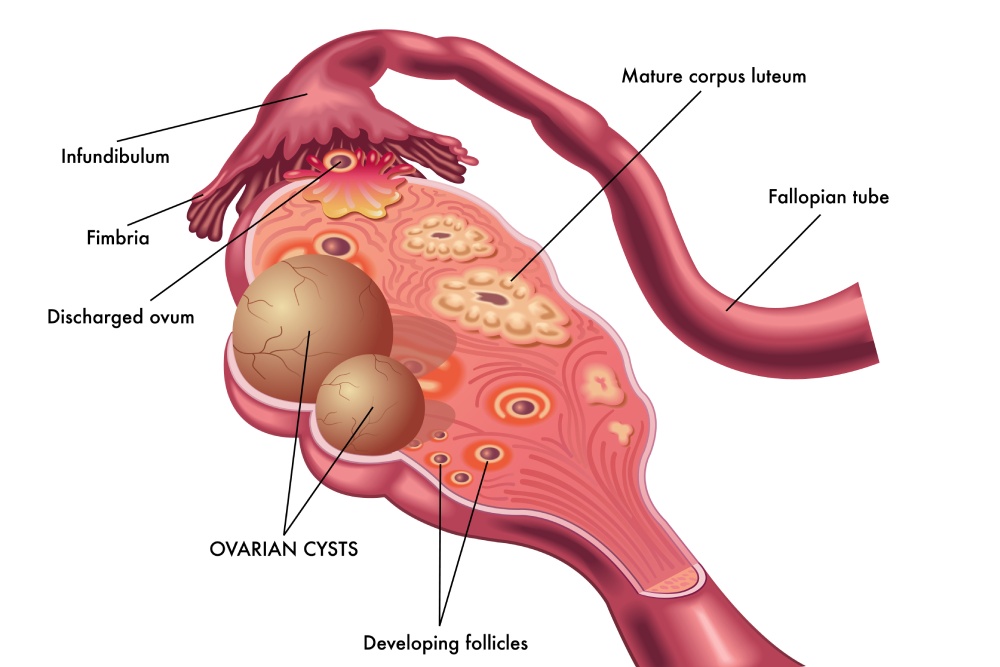
Surgical Solutions: Exploring Hysterectomy As A PCOS Treatment
Polycystic Ovary Syndrome affects millions of women worldwide, often bringing challenges like irregular periods, hormonal...
Read MoreAbout 13% of American women get breast cancer in their lifetimes. It can be deadly, but early detection significantly improves treatment outcomes — and regular breast cancer screening is essential for early detection.
Mammograms are breast X-rays that can pick up early signs of cancer. If you’re scheduled for your first screening, you might be curious or even a bit apprehensive about the process.
We specialize in mammography at The Women’s Center, and we’re here to walk you through what to expect from your first mammogram. Here’s what you need to know so you can feel more informed and prepared for this important screening procedure.
Most women should have their first mammogram between the ages of 40 and 45. If you’re within this age range or your doctor has recommended earlier screening, scheduling your first mammogram is simple.
We do mammograms in the office at The Women’s Center, and we’ll let you know what you need to do ahead of your appointment. Before you come in, be sure to inform the clinic about any breast changes, symptoms, or breast implants you may have.
On the day of your mammogram, wear comfortable clothing and be prepared to undress from the waist up. We may tell you to avoid using any deodorant, lotions, or powders on your underarms or breasts because certain products can interfere with image quality.
When you arrive at the clinic, our radiology technician explains the procedure and answers any questions you have. You have time to undress from the waist up and put on a gown.
The technician positions your breasts one at a time on the mammography machine. To get clear and accurate images, the mammogram machine compresses your breast between two plates.
While this compression can feel uncomfortable, it’s necessary for optimal imaging and lasts only a few seconds. The pressure is released immediately after the image is taken.
We take images from different angles and usually capture two images of each breast. You may need to hold your breath briefly to minimize movement and ensure clear images. The entire process usually takes around 20 minutes.
While mammograms are generally well-tolerated, some women may experience discomfort during the procedure due to breast compression. If you find the compression painful, let us know, and we can adjust the pressure to minimize discomfort.
It's important to understand that the benefits of mammography far outweigh the minimal risks involved. The radiation exposure from a mammogram is low, and the risks of the procedure are extremely low compared with the benefits of early breast cancer detection.
After your mammogram, our radiology team reviews the images and analyzes them for any abnormalities. You can expect to get your results back in about one week.
Remember that abnormal findings on a mammogram don’t necessarily indicate breast cancer. In these cases, we recommend further testing, like a diagnostic mammogram or a biopsy, to evaluate any concerning areas.
After your first mammogram, we talk with you about how often you should get another one. Most women should get annual mammograms between ages 45 and 54, but your mammogram schedule depends on your age, personal and family medical histories, and the findings from your initial mammogram.
Is it time to schedule your first mammogram? It’s normal to have questions, but it’s important to recognize the power of regular screenings to detect early signs of breast cancer.
Learn more with an appointment at The Women’s Center, with numerous locations in and around Orlando, Florida, for your convenience. Call our team at 407-857-2502 or book an appointment online today.




Polycystic Ovary Syndrome affects millions of women worldwide, often bringing challenges like irregular periods, hormonal...
Read More
Ovarian cysts after menopause may seem uncommon, but they can still develop even when the...
Read More
Uterine fibroids are one of the most common benign growths affecting women. By age 50,...
Read More